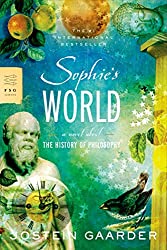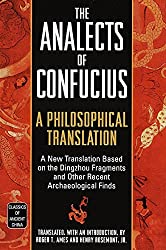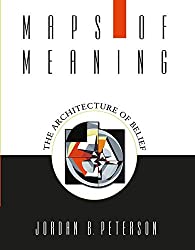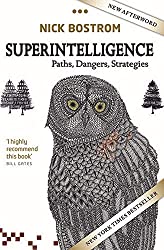
Rating: 7.7/10.
Novel about the history of philosophy, set in Norway, in the form of monologues between a 14-year-old girl Sophie and a mysterious philosopher Alberto Knox, who sends her letters teaching her philosophy. This has the purpose of explaining philosophical ideas in the form that a teenager can understand. In the first half of the book, there are mysterious hints to another girl called Hilde and her 15th birthday. Midway through the book, it’s revealed that Sophie and Alberto are just fictional characters in a book that Hilde’s father is writing for her, so we have a book-within-a-book.
The world is a strange thing when you ponder questions like “who are we” and “where did everything come from” — but when we grow up to adulthood, we get used to things and stop thinking about questions like these. The early Greek philosophers first thought about these questions. Democritus proposed that everything was made of atoms that can’t be destroyed. Greeks believed a lot of things were caused by gods, explaining natural events. Socrates was a mysterious philosopher, known through Plato, famous for realizing how little we know yet pretend we know a lot, and was sentenced to death by the Athenian court.
What is the definition of something like “horse”? Plato separates ideal objects from actual objects, which are imperfect versions of the ideal objects; properties of ideal objects are constant. Aristotle disagreed and said we don’t have any innate knowledge of a “horse”, but only form the category of “horse” after seeing enough examples of horses, but these categories don’t exist in nature. Greece at that time was a cultural crossroads with many different views.
Christianity replaced the Greek / Roman gods a few centuries after Christ. Unlike the Indo-European religions which had many gods that each control some aspect of nature, Christianity was a Semitic religion, which was monotheistic and had a linear view of history. As Christianity became the dominant religion in Europe, Greek philosophy was not lost, but reinterpreted to be consistent with Christian beliefs, eg: Aristotle believed in the same God but lacked the “revelation” provided by the Bible.
The Renaissance began in the 14th century with moving away from an agrarian society. Scientific method was developed and Greek ideas resurfaced. Galileo described the motion of falling objects, Kepler described the motion of celestial bodies, and Newton realized they were the same force. Martin Luther reformed the church and translated the Bible to German.
Descartes tried to apply mathematical reasoning to philosophy, tried to prove existence of God through logic, and suggested that the soul is separate from the body but is influenced by it. Spinoza said everything was controlled by God / nature so we have no free will. Locke was an empiricist, to explore what we can determine through our senses. Hume says there are limits to what we can know through senses and reason, like there’s no way to prove God exists; lots of patterns (like thing falling when dropped) we get used to, but we can’t prove it always happens, and you can never conclude value statements when starting from facts. Berkeley said you can never know anything is real, even things you sense, since it can all be just a dream.
Enlightenment was a period of questioning authority, return to human nature, and using methods of reason. Kant said there are limits to what you can know through senses (similar to Hume), and some things must be postulated, like God or free will; he proposes the categorial imperative as the postulate that gives rise to morality. Hegel said any philosophical system that we propose is not an absolute truth, but a product of our society, and we move closer to the truth when different ideas come in conflict. Kierkegaard said we should assume religion without proof because it’s necessary to live a good life.
Marx lived in a time of rampant capitalism, and declared that capitalism is self-destructive, and as wealth gets more and more concentrated, there will eventually be a proletariat revolution. However, he didn’t think carefully about what social structures would replace capitalism. Darwin proposed the theory of evolution and natural selection after a voyage on the Beagle. Freud said we harbor a lot of inner desires (usually sexual) that we can’t say out loud, but repressing them creates anxiety, so a form of therapy is to say everything you’re hiding without restrictions. Existentialism (by Nietzsche, Sartre, Camus) says life has no inherent meaning, and we must decide ourselves what is meaningful.
The book ends with a garden party that descends into chaos; Sophie and Alberto somehow escape from the book and become spirits in real life. The self-referential aspect of the novel was a quite interesting addition to the philosophy parts, consisting of long monologues by Alberto and short questions from Sophie. However, I think it’s only moderately successful at teaching philosophy: it jumps around between a lot of different philosophers but just a glancing summary of each one, so you can’t really appreciate their ideas. Depth is in my opinion more valuable than breadth when it comes to philosophy.



